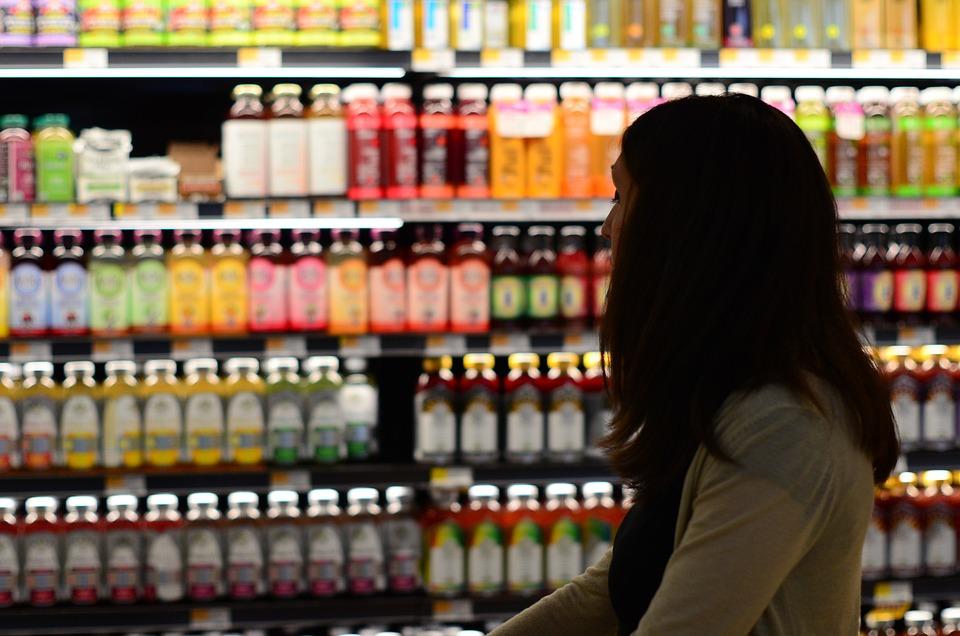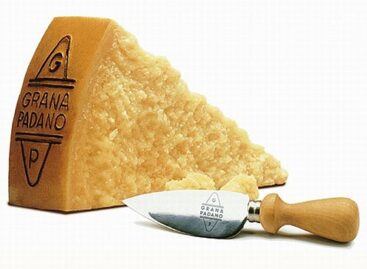Private Label Market Share Reaches Record High In Italian Retailers
Retailers in Italy are increasingly turning to private-label products to help counter inflation and the loss of purchasing power of Italians, who have long been fond of big brands.

The market share of private-label products rose to a record 31.5% of the total revenues of Italian retailers last year, from 30.4% the previous year and 28.3% in 2019, according to a study by Italian consulting services company The European House Ambrosetti (TEHA).
The cheaper end of private-label production is growing more than the premium one, the study found.
“All the retailers are investing heavily in private-label products,” said Mauro Lusetti, chairman of Italian retailers’ association ADM.
In addition to giving more control over prices, private-label products allow retailers to respond better and faster to consumer needs, Lusetti added.
In Italy, private-label penetration is among the lowest in Europe, but this also means that there is room to grow, he said.
The volume of private label products rose by €332 million at constant exchange rates in 2023, against a drop of more than €1.1 billion in overall retailers’ sales.
“A tough 2023 has just closed, which saw a reduction in sales volumes in all distribution channels, from discounters to supermarkets to small services,” said Valerio De Molli, TEHA managing partner and CEO.
Related news
Related news
Amazon expanding same-day prescription delivery to 4,500 cities & towns
🎧 Hallgasd a cikket: Lejátszás Szünet Folytatás Leállítás Nyelv: Auto…
Read more >







